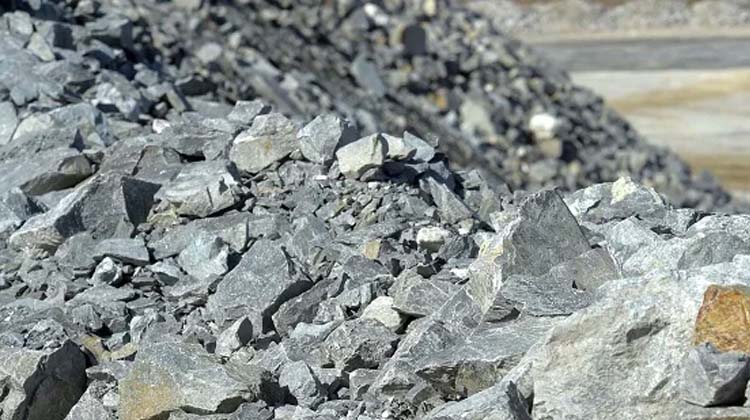Kenyan Leta has raised $5 million to help businesses move goods cheaper and faster across Africa.
European VC firm Speedinvest led the seed funding round, which was supported by Google’s Africa Investment Fund and Equator, an Africa-focused climate tech fund.
The new funding will be used to scale its solution and to double revenue in the coming months as it expands into more countries across Africa.
How Leta’s Platform Work
African businesses spend up to four times the global average to transport goods, driving up prices for essentials like food and medicine. The African Development Bank (AfDB) reports that logistics costs account for a staggering 75% of total product costs in Africa. Most of these businesses also have to rely on manual logistics, leading to delays.
Through its AI-powered platform, Leta optimizes delivery routes, tracks shipments in real-time, streamlines payments, and provides businesses with shipping insights. According to founder and CEO Nick Joshi, its load and route optimization technology helps users cut costs and improve delivery efficiency by reducing the number of vehicles needed for distribution.
Leta seamlessly integrates with businesses’ existing systems, syncing live order data such as product details, pricing, and customer information. The platform then intelligently assigns the best vehicle for each order and determines the optimal loading strategy, choosing between FIFO (oldest inventory first) or LIFO (most recent stock first) methods, thereby replacing manual and intuitive dispatch processes.
Leta’s platform streamlines logistics by automating manifest creation, dispatch planning, and optimizing vehicle utilization based on regional demand and capacity. Additionally, its AI-powered system optimizes delivery routes in real-time.
“For example, if there’s a roundabout where trucks or motorbikes repeatedly fail to complete a turn on that route, the AI flags it as a prohibited route,” said the CEO. “It could be due to flooding, police stops, construction, or a presidential convoy. The system constantly updates its map layer to reflect these changes.”
A Key Asset For Investors
The company’s real-time mapping has become a key asset for Google, one of its investors. Joshi explains that Google Maps hasn’t updated some areas of Nairobi since 2022, whereas Leta’s platform continuously refines road and address data sourced from live customer deliveries.
“We’re creating a much more robust map and address layout, which is why I think Google found it interesting,” he notes.
By connecting stakeholders across the supply chain, Joshi sees financial services as a natural extension of Leta’s software platform and is already piloting some new products. The Kenyan-based company’s potential offerings include fuel cards for delivery partners, asset financing for vehicles and devices, and supply chain financing for FMCG merchants.
Deepali Nangia, who leads Speedinvest’s investments in Africa and the Middle East, said the company backed Leta because it “leverages logistics as a gateway and fintech as a growth driver, unlocking new business opportunities.”
Leta helps businesses optimize their fleet operations, reducing the number of vehicles needed without compromising delivery capacity. This, in turn, leads to lower fuel consumption and emissions, aligning with Equator’s sustainability goals and values.
“A company with 70 trucks saves about $30,000 monthly using Leta,” Joshi claims. “We haven’t started tracking carbon emissions yet, but it’s a key goal for this year.”
The Kenyan startup now powers 35+ significant businesses, including global brands like KFC and Diageo and local giants like EABL and Gilani, optimizing 10,000+ daily trips across its five markets.
Since its last raise in 2022, Leta has seen massive growth: 500,000 deliveries to 4.5 million, from moving 20,000 tons to 150,000, and from managing 2,000 vehicles to 7,400. As a result, Leta’s revenues, which it makes on a per-delivery pricing model, have grown 5x more, says Joshi.










